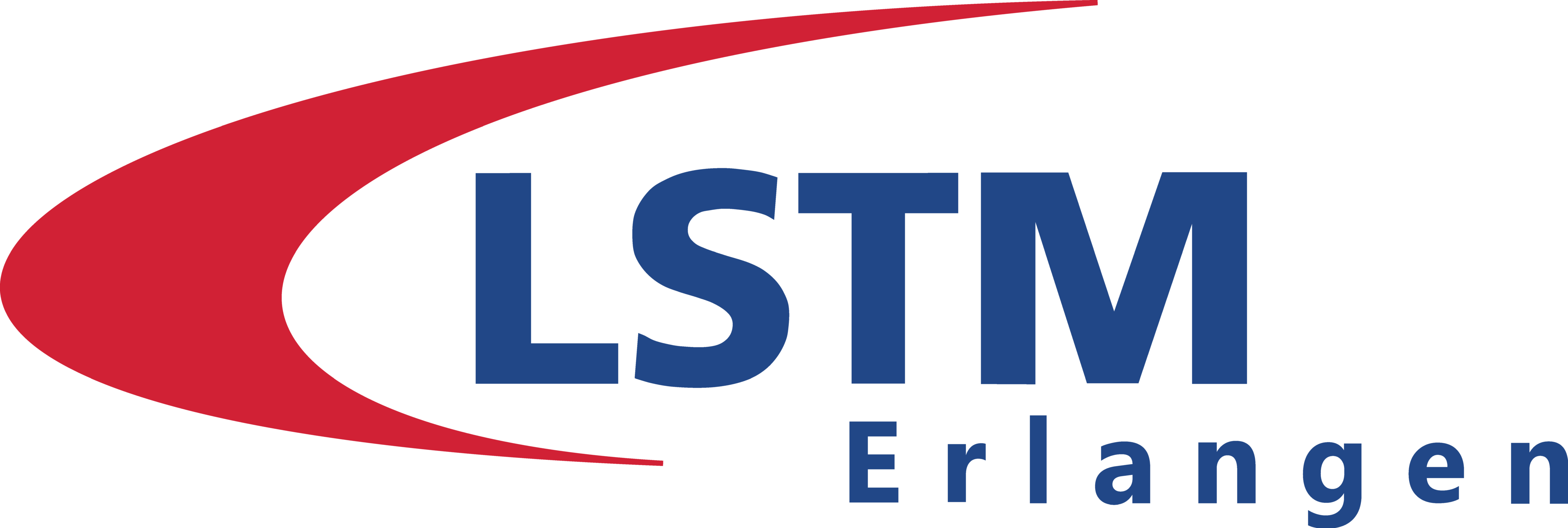Rules regarding collaboration, use of external sources, and plagiarism
Rules regarding collaboration, use of external sources, and plagiarism
(pdf)
Version 24.04.2025
DISCLAIMER: These are general guidelines to help students better understand the rules. However, the lists are not exhaustive and there might be additional instances of plagiarism that are not explicitly mentioned.
Students are strongly encouraged to work collaboratively. That is the best way to learn.
- Discuss the way to solve a problem, but do not share your partial or final solution with each other.
- In group work submissions, describe who did what.
- Do not copy codes/solutions from the internet/Youtube/ChatGPT. Many of those are (unfortunately) not fully correct, and copying without citation is plagiarism.
DO NOT PLAGIARISE! Plagiarism is a serious academic crime → you may FAIL the course
- If you are interested in learning, you will need to do the tasks yourself (designed to help you with learning).
- If you feel like the tasks are not helping you learn the material, you can let us know.
- If you are struggling and need help, you can ask for help during the classes, via email, and in-person by previous appointment.
What is plagiarism?
“Presenting work or ideas from another source as your own, with or without consent of the original author, by incorporating it into your work without full acknowledgement.” (https://www.ox.ac.uk/students/academic/guidance/skills/plagiarism)
Some examples of plagiarism:
- Using codes, text, solutions, etc., from the internet (including Youtube) or other sources (e.g., books), without proper acknowledgement.
- Using codes, text, solutions, etc., from other students or groups in the course, students or groups who have taken the course before, students who have taken the course in another institution, other people in general (including tutors), and so on, without proper acknowledgement.
- Using ChatGPT and other LLMs to write the solution, the code, the report, any part of the submission, etc., without proper acknowledgement.
Based on our experience, if you are not sure if what you are doing is plagiarism or not, you probably ARE plagiarising.
Some examples of proper acknowledgement:
- The code was taken from source X (Name, link, date).
- If you take the material from one source but cite another, it is plagiarism.
- If you cite material that does not exist (such as a link that does not open), it is plagiarism.
- If your citation is too generic or does not point directly to the source that was used (such as “YouTube video, cavity flow, unknown author”) it is plagiarism.
- The code was generated by ChatGPT, under the following prompt: “write a code to solve the flow in a 2D cavity using finite-difference method and SIMPLE algorithm”.
- A MATLAB code was taken from source Y (Name, link, date), but changed into Python. The original code is attached or accessible under the link “https…”
- The report was written by the students, with grammatical edits by ChatGPT. The original text is attached.
- The code/report is based on a code/report received as personal communication from Z. the original communication is attached.
Grading when external sources were used
You will only receive points for the part that YOU have done.
- For example: If you have copied a code and have acknowledged it:
- If you have made no/only minimal changes, you will receive 0 points.
- If you have changed it, you will receive a fraction of the points for what you have added, changed, improved, etc.
- If you have taken a code, but have NOT acknowledged it:
- You will FAIL the task, independently of your changes to the code, your performance in the course, the time it was committed (beginning or end of the semester), etc.
- Note that the openly accessible codes/solutions are accessible to us as well.
Note:
If you do not get enough points to pass the task, but have not committed plagiarism:
- We will try to help you get sufficient points.
- We are flexible with deadlines for justified requests.
- In general, if in doubt, talk to us.

